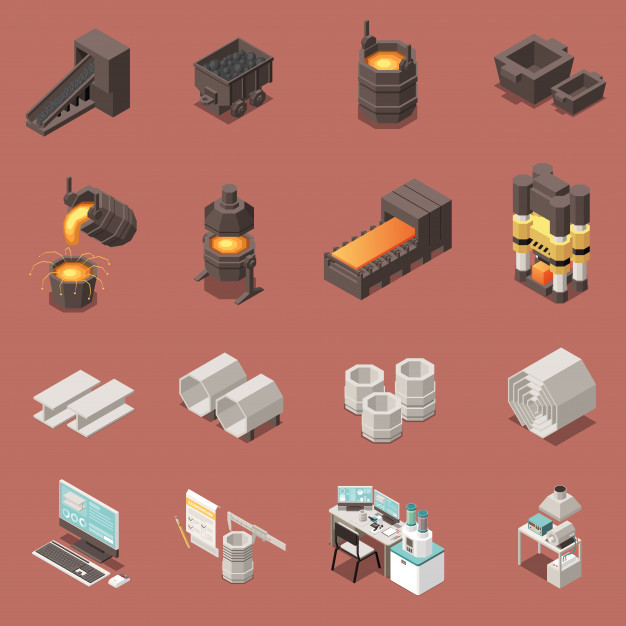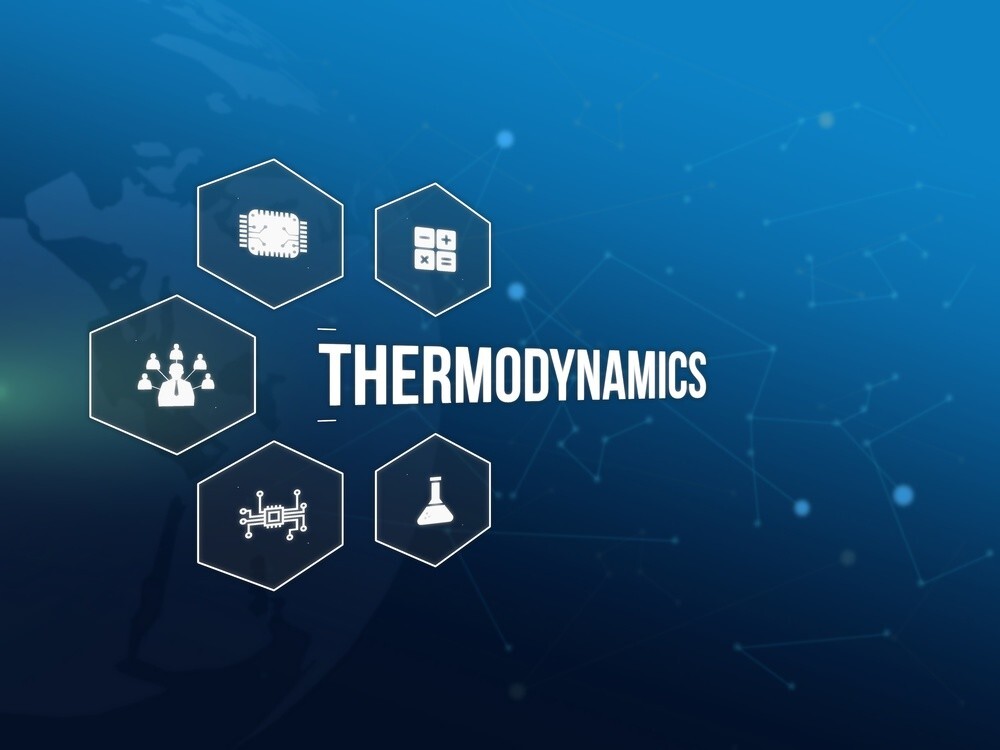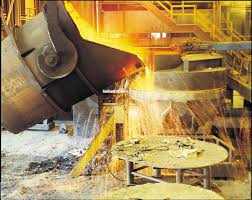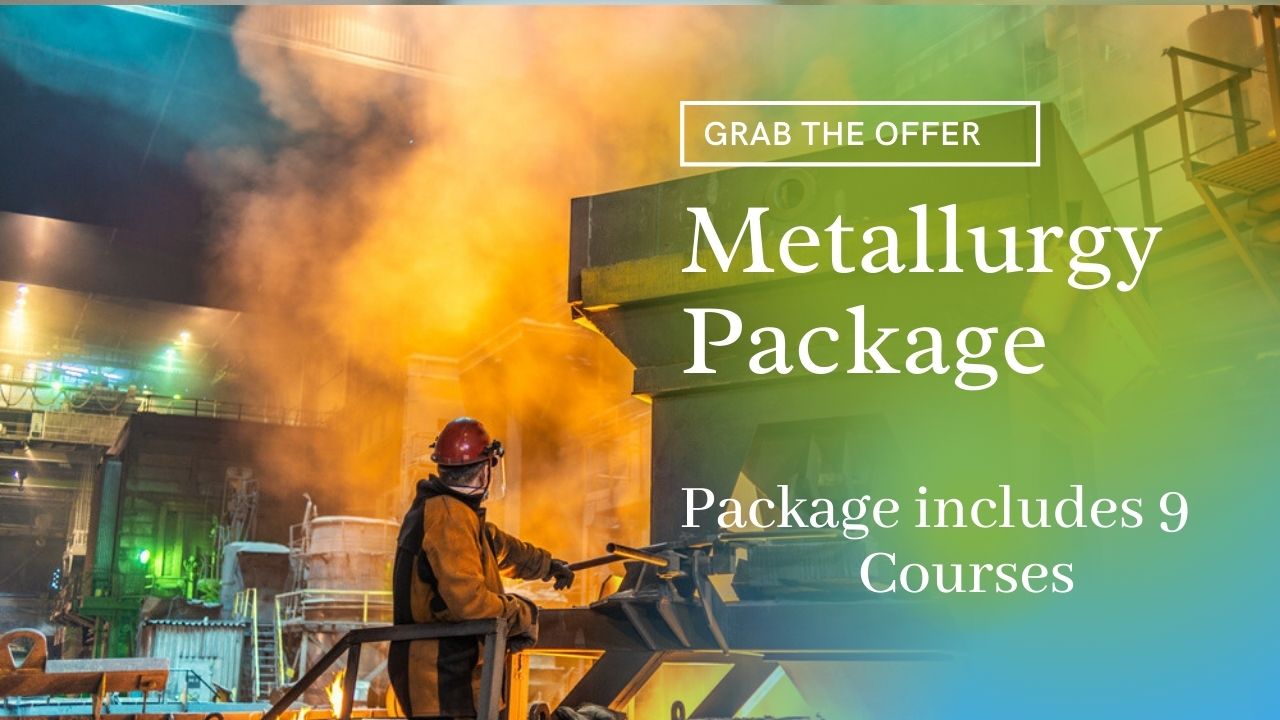
Mechanical metallurgy is basically the knowledge, which deals with different behaviour and response of metals based on applied forces. It primarily deals with the response of metal to forces or loads, these forces may arise from the use of the metals as a member or part in a structure or machine. So it is necessary to know about limiting values which can be withstood without failure.






